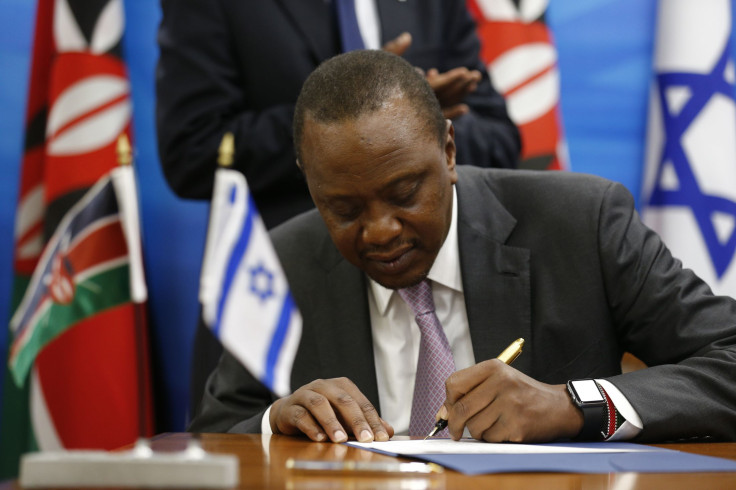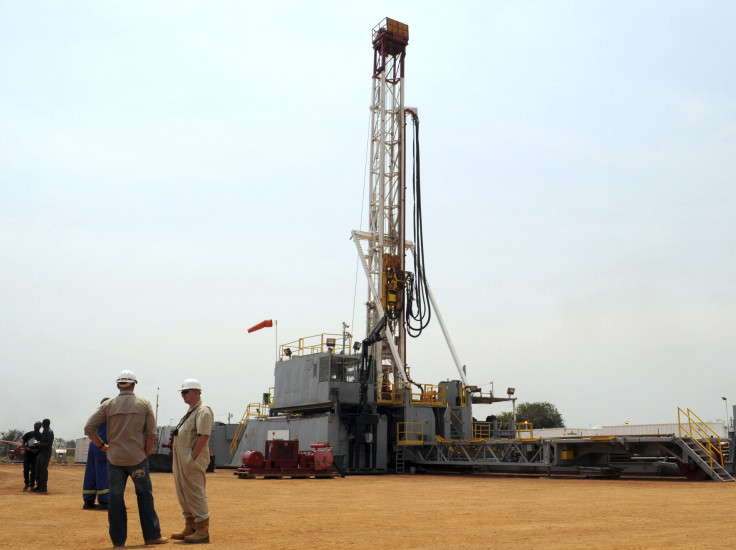Amid Low Oil Prices, Kenya And Uganda Set To Discuss Crude Pipeline

The presidents of Kenya and Uganda, along with the leaders of several major oil companies, are set to meet Monday to discuss building a pipeline to transport crude oil from the two countries to the Tanzanian coast for exportation, Reuters reported. News of the pipeline came amid an international oil glut.
"Kenya favors the northern route through Lokichar, because as part of the Lamu Port, South Sudan, Ethiopia Transport (LAPSSET) project, it would transform infrastructure and the way of life of the people in the towns and counties across its path," the Kenyan president's spokesman Manoah Esipisu said in a statement.
A worldwide oversupply of oil, coupled with reduced demand, has caused prices to sink since mid-2014, and oil hit a 12-year low in January of this year. Unusually high production in the Middle East along with the shale boom in the U.S. contributed to the large supply, as emerging economies experienced reduced demand, causing an imbalance. While the price briefly rallied in February, thanks to production caps in several major oil-producing countries, the price per barrel of Brent crude, an international benchmark, was down 34 cents to $41.20 by the end of this week, Reuters reported.

Kenya has looked to integrate recently discovered oil fields into its exports, as its GDP growth has stalled in recent years below the level of its peers, according to a March report from the World Bank. An excerpt from the World Bank read: “Countries at a similar level of development typically have greater macro-stability and higher urbanization, are more open, invest more, spend more on health, have better governance and have a more developed higher education system,” the Financial Times reported.
While Uganda has long profited from its vast crude reserves, the Ugandan economy has also suffered from political instability in the past several decades, and the World Bank predicted that moderate GDP growth in the future would need to rely on oil revenues. Total, a French multinational integrated oil and gas company that has a stake in Ugandan oil fields, is expected to set aside $4 billion in costs for construction of the pipeline, which is expected to take three years to complete.
© Copyright IBTimes 2024. All rights reserved.





















